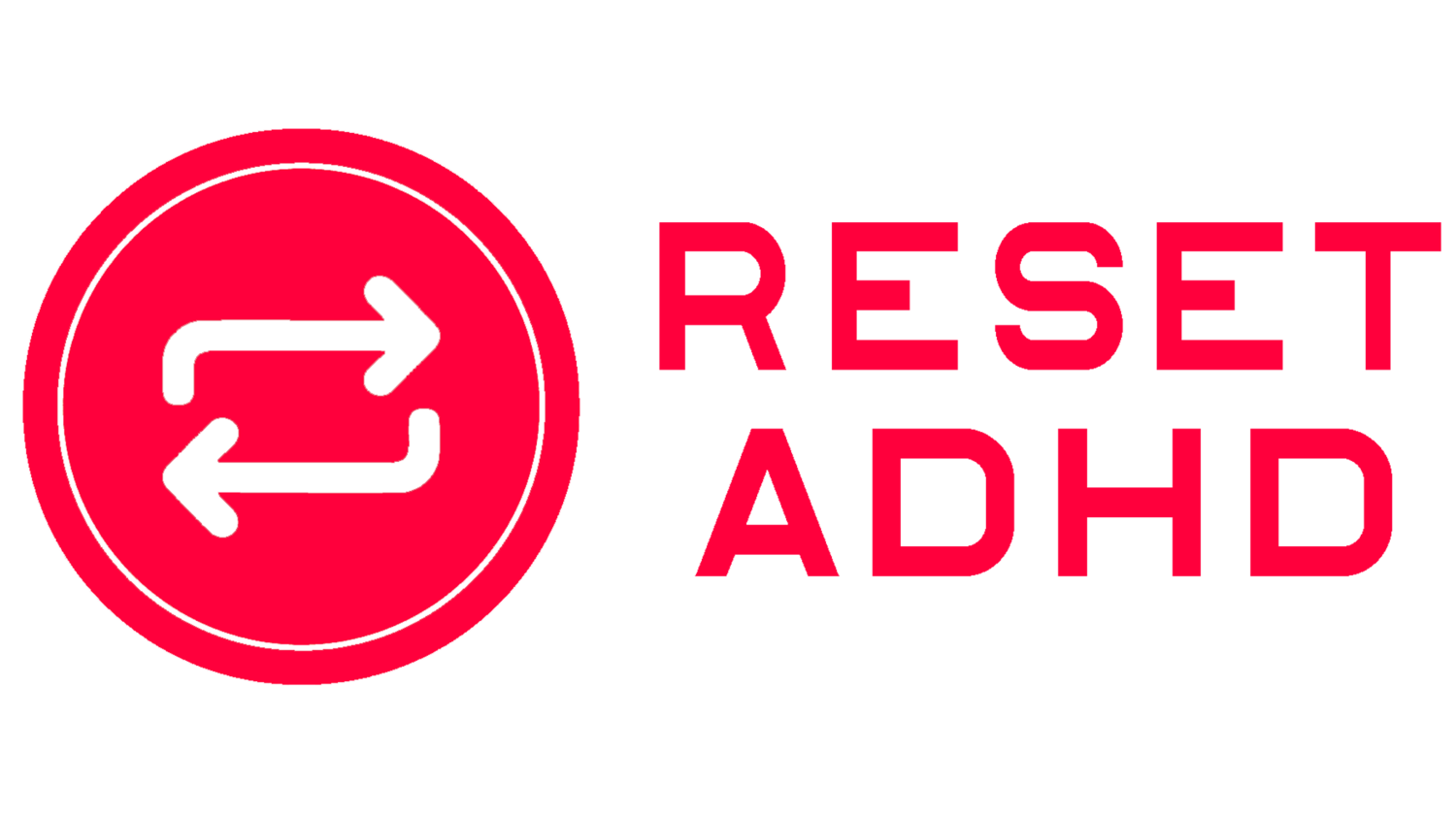Mood Tracking Journals: Boosting Mental Health
A mood tracking journal is an invaluable tool for individuals with ADHD, helping them monitor emotions, manage mental health, and improve self-awareness. ADHD can make it challenging to regulate emotions and recognize patterns, leading to mood swings or feelings of overwhelm. A mood tracking journal offers a structured, daily practice for individuals to stay mindful of their moods and feelings, promoting self-reflection and growth.
By using a daily mood tracker, ADHDers can identify emotional triggers, understand how their environment or activities impact their mood, and make informed adjustments to their routines. This awareness is crucial for developing effective coping strategies and managing the highs and lows associated with ADHD. Documenting emotions throughout the day allows individuals to observe patterns over time, helping them recognize what consistently improves or worsens their mood.
For those with ADHD, who often struggle with maintaining routines, a mood tracking journal can become a reliable and easy-to-use self-care tool. The structured format provides a clear and simple way to record emotions without feeling overwhelming, making it more likely for individuals to stick with the practice. This daily habit encourages mindfulness, allowing users to check in with themselves regularly and take proactive steps to address their mental health.
Mood tracking journals also support communication with mental health professionals. By recording daily emotions, individuals have valuable information to share during therapy sessions, making it easier for professionals to provide targeted support and strategies for managing ADHD symptoms.

